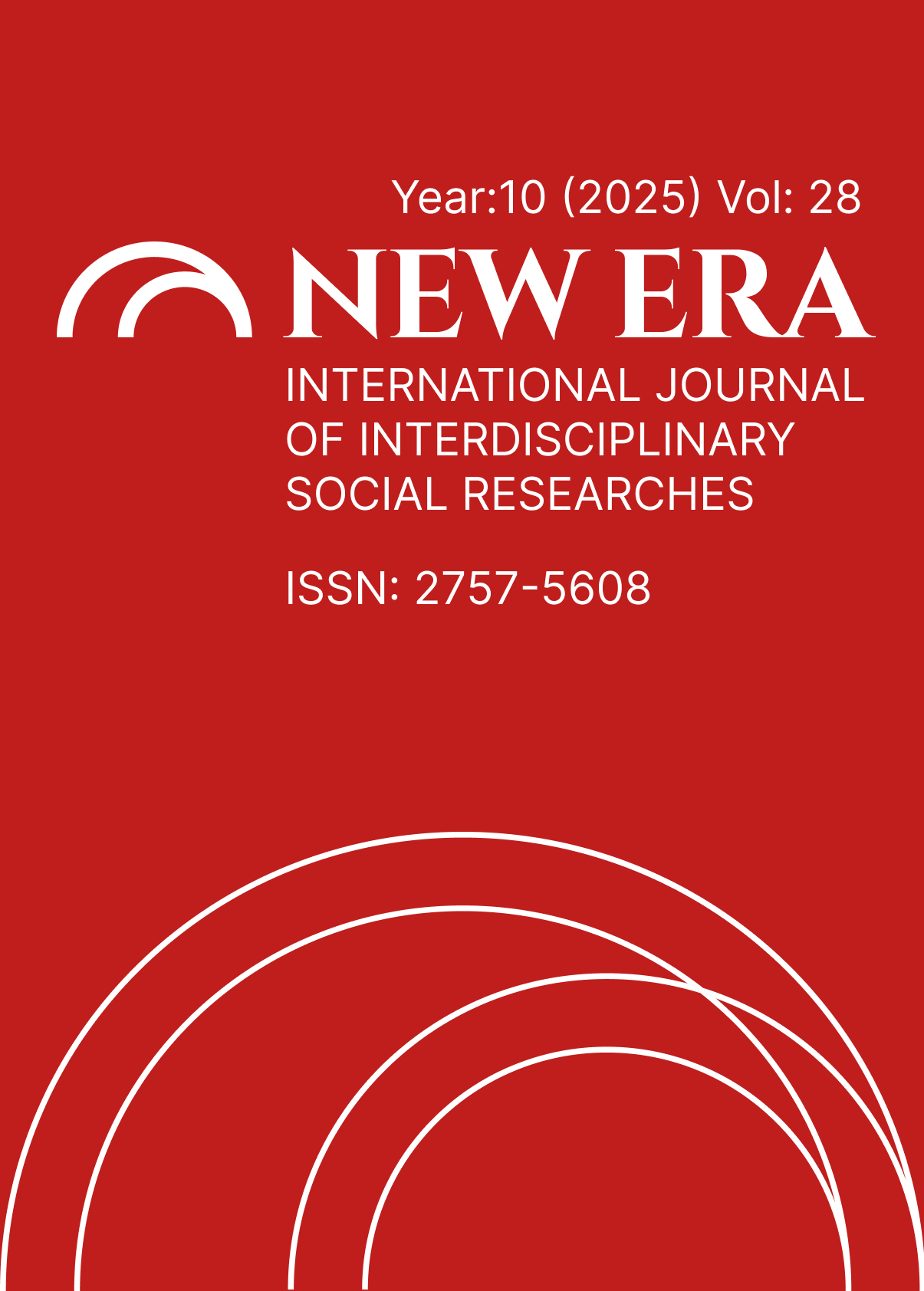LIFE CYCLE RITUALS: INTEGRATION OF ISLAMIC VALUES WITH NATIONAL TRADITIONS
DOI:
https://doi.org/10.5281/zenodo.15313634Keywords:
life cycle rites, Islam, indigenous traditions, cultural change, identity construction, social solidarity.Abstract
The article explores the transformation of life-cycle rituals in Central Asia, shaped by the interaction between Islamic values and indigenous traditions. It begins by examining the historical spread of Islam in the region, emphasizing the challenges faced during the Arab conquest of Maverannahr and the methods used to propagate the religion, such as the integration of Islamic jurisprudence (fiqh) into local customs. This led to the gradual Islamization of the population while retaining distinctive cultural features.
The discussion highlights Islam’s universal principles, such as equality and tolerance, which fostered social cohesion among diverse ethnic groups. It also underscores the pivotal role of local scholars in adapting Islamic values to pre-existing traditions, ensuring that customs like marriage and mourning rituals blended religious norms with regional practices. These adaptations facilitated the incorporation of Islamic rituals into the fabric of Central Asian culture, creating a unique synthesis of Islamic and local elements.
Furthermore, the article examines the socio-political and cultural implications of these changes, noting the enduring influence of Islam on the national mentality and identity of Central Asian peoples. Examples include the alignment of Islamic holidays with regional festivities and the reinterpretation of Zoroastrian practices through an Islamic lens.
The study concludes that life-cycle rituals are dynamic social constructs, continually adapting to cultural transformations. This interaction has resulted in a distinct form of “Central Asian Islam,” which balances universal Islamic tenets with regional characteristics, contributing to the region’s cultural richness and cohesion. In this article we using the methods of Historical Analysis and Sociocultural Observation, examines historical sources that trace the spread and integration of Islam in Central Asia, including the writings of Narshahi, Beruni, and Barthold and analyzes rituals, traditions, and their transformations to understand the synthesis of Islamic values and indigenous customs.
References
References
Bartold, V. V. (1963). The history of the cultural life of Turkestan. Moscow.
Bartold, V. V. (1977). Tasks of Russian Oriental Studies in Turkestan. Moscow.
Golden, P. (1988). Religion among the Qipchaqs of Medieval Central Asia. Central Asiatic Journal, 42(2), 180-237.
Islomov, Z. (2018). International Islamic Academy of Uzbekistan – a result of the reforms worth to the centuries. The Light of Islam, 2018(1), 1.
Islomov, Z. (2019). Source studies analysis of manuscripts of "Muqaddimatu-l-adab" in foreign archival funds. The Light of Islam, 2019(4), 41.
Islomov, Z. (2019). The role of the international Islamic academy of Uzbekistan in the development of Islamic studies. The Light of Islam, 2019(1), 1.
Karimov, I. A. (1998). Allah is in our hearts and minds. Tashkent: Uzbekistan.
Matibaeva, R. (2019). Sacralization and traditionalization of personality Abu Hanifa in Mavarannahr. The Light of Islam, 2019(4), 3.
Matibaeva, R. (2019). The development of khanaphism in Mavarannakhr. The Light of Islam, 2019(3), 16.
Matibaeva, R. B. (2019). Rare manuscript on Hanafism "Manakib Abi Hanifa". Molodoy Ucheniy, 36(274), 71-74.
Matibaeva, R. B. (2020). Scientific and spiritual heritage of Imam Abu Hanifa. Molodoy Ucheniy, 42(332), 282-284.
Matibaeva, R. B. (2020). Imam Abu Hanifa and the theory of knowledge. In Research by Young Scientists (pp. 70-71). Kazan: Molodoy Ucheniy.
Muminov, A. K. (1990). Maverannahr school of Fikh (IX-XIII centuries). Social Sciences in Uzbekistan, 38-42.
Piatrovskiy, M. B. (1984). Secular and spiritual in theory and practice of medieval Islam. In Religion, Society, State. Moscow.
Rahmanaliev, R. (1983). Empire of the Turks: Great civilization. Moscow.
Sayfunov, B. (2024). The Türkistan Bölgesinin İslamlaşma Süreci: İlk Müsülman Fetihleri. New Era International Journal of Interdisciplinary Social Researches, 9(22), 14-29. https://doi.org/10.5281/zenodo.10704414
Downloads
Published
How to Cite
Issue
Section
License
Copyright (c) 2025 NEW ERA INTERNATIONAL JOURNAL OF INTERDISCIPLINARY SOCIAL RESEARCHES

This work is licensed under a Creative Commons Attribution-NonCommercial 4.0 International License.


